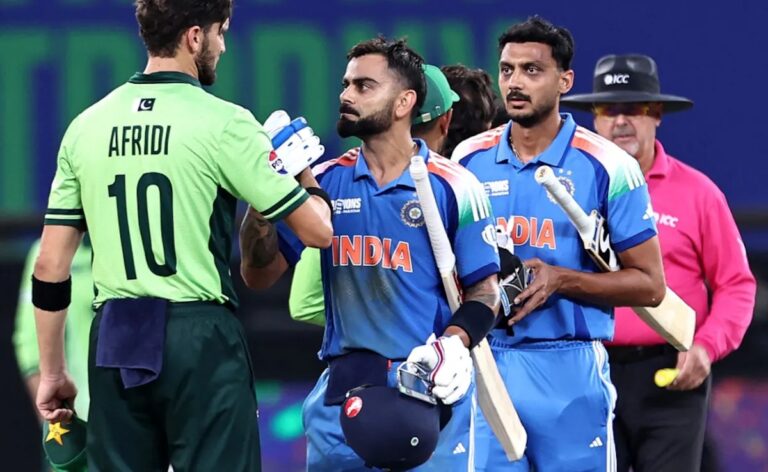A crucial meeting of the Asian Cricket Council (ACC) is scheduled to be held in Dhaka on Thursday, with Pakistan’s participation in the 2025 Asia Cup taking center stage. The meeting comes at a time of heightened political tension in the region, and the outcome may directly impact the tournament’s format, hosting, and structure. Pakistan Cricket Board (PCB) Chairman Mohsin Naqvi, who currently heads the ACC, is expected to travel to Dhaka to preside over the discussions, marking his significant role in shaping the future of one of Asia’s biggest cricket tournaments.
Also, Check: Pakistani Cueists Dominate at IBSF World 6Red Snooker Championship in Bahrain
The Asia Cup is slated to be held in India this September, but uncertainty looms over whether Pakistan will participate in the tournament on Indian soil. The strained diplomatic relations between India and Pakistan, worsened after a military confrontation between the two countries in May, have brought the tournament into question. While cricket often acts as a unifying force in the region, the geopolitical backdrop has once again cast a long shadow over sport. Historically, India and Pakistan have had a turbulent cricketing relationship, where off-field politics often dictate on-field engagement.
The upcoming ACC meeting in Dhaka was originally expected to include all member countries, but recent reports suggest otherwise. Key nations such as Sri Lanka, Afghanistan, and Oman may not send their representatives. Moreover, the Board of Control for Cricket in India (BCCI) has reportedly declined to attend the meeting in person, citing political sensitivities between India and Bangladesh as a reason. The BCCI had earlier suggested that the venue for the meeting be changed, but the ACC has decided to go ahead with Dhaka as the host city. This decision further complicates matters and reflects the deepening divide within the council.
At the heart of the discussion lies a critical question: will Pakistan agree to travel to India for the Asia Cup, or will an alternative arrangement be made? One possibility under review is the implementation of a hybrid model—a format already used in recent ICC events like the World Cups and Champions Trophy. Under such an arrangement, both India and Pakistan play their matches at neutral venues while avoiding direct travel to the other country. While this model offers a compromise, it also poses logistical challenges and may affect ticket sales, sponsorships, and broadcast arrangements.
The hybrid model was previously used to ensure both nations could participate without compromising on their respective governments’ foreign policy stances. However, applying it to the Asia Cup, a regional event rather than a global one, might not be viewed as a favorable precedent. Some cricket boards fear it may set a trend of fragmented hosting rights, thus diminishing the integrity of such tournaments. This concern adds another layer of complexity to the ACC’s deliberations.
Despite the political noise, fans across Asia eagerly await clarity. The Asia Cup is a prestigious event that not only showcases regional talent but also stokes the passion of cricket lovers from Pakistan to Sri Lanka and from Bangladesh to Afghanistan. For Pakistan, the decision carries added significance—not just in terms of competition but also as a matter of national pride and representation in a game the country holds dear.
As Mohsin Naqvi heads to Dhaka, the cricketing world watches closely. The decisions taken in this ACC meeting could shape not only the upcoming Asia Cup but also set the tone for future India-Pakistan cricket engagements. If no resolution is reached, the tournament risks delays, format changes, or even boycotts, which would ultimately deprive fans of one of cricket’s most electric rivalries.


